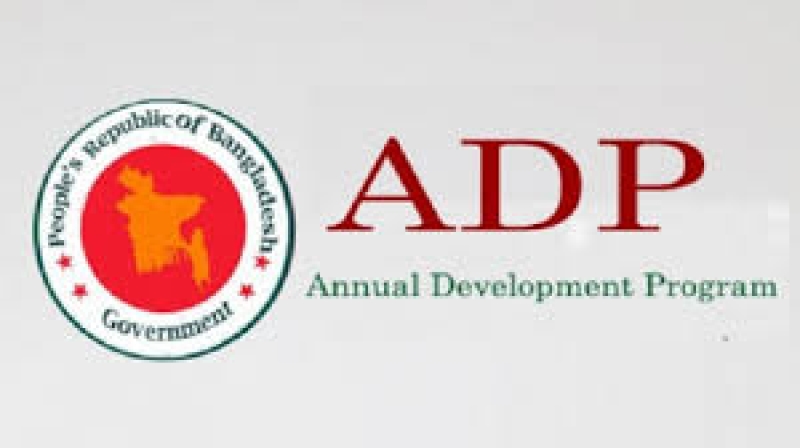- Trump considering military options on Greenland; Europe rejects |
- Fertiliser crunch threatens Kushtia’s onion boom despite high prices |
- Security Council Divided on United States' Venezuela Action |
- Over 1.53m voters register for postal balloting: Shafiqul Alam |
Govt to Focus on Small, People-Centric Projects to Boost ADP

The interim government is prioritizing small, community-oriented development projects as a strategy to accelerate the sluggish pace of Annual Development Programme (ADP) implementation.
According to sources from the Planning Ministry, recent meetings of the Executive Committee of the National Economic Council (ECNEC) have seen detailed discussions on how to invigorate the economy, which has stagnated following the August 5 downfall of the Awami League government.
A senior official from the Planning Ministry shared that the government has instructed officials to prioritize projects that can be implemented swiftly while delivering tangible benefits to local populations.
“The primary focus is on projects that directly enhance the lives of local communities. This is the government's key intention,” the official told UNB.
During the ECNEC meetings, chaired by Chief Adviser Professor Muhammad Yunus, officials emphasized the importance of undertaking meaningful development initiatives aimed at improving the well-being of citizens. It was also pointed out that project planning must include input from the communities that will benefit from the initiatives.
One Planning Commission official explained that consultations with local populations will be a fundamental part of the planning process. For instance, when implementing an irrigation project in a particular area, authorities are instructed to engage with local residents to understand their traditional methods of irrigation and gauge their reception to new systems.
“If the project is designed without local consultation, it is unlikely to succeed or gain the community’s support,” he noted. “Local engagement is critical to ensuring the project's sustainability and relevance to their needs.”
The official further stated that large-scale projects funded by international lenders often suffer from poor maintenance due to a lack of local involvement. As a result, the government is favoring smaller, locally tailored projects, believing they will be more effective in generating economic activity and improving ADP implementation rates.
According to data from the Implementation Monitoring and Evaluation Division (IMED), the ADP implementation rate in the July-November period was only 12.3% for the current fiscal year 2024-25, a significant drop from 17.1% in 2023-24 and 18.4% in 2022-23.
The fall in implementation can be attributed to several factors, including delays in the interim government’s review of ongoing and new projects, as well as the postponement of fund releases. Moreover, many contractors abandoned their projects after the interim government assumed power on August 8 following the fall of the Awami League government in the wake of a student-led uprising.
The Planning Ministry and IMED continue to monitor the situation, with a renewed focus on small-scale, high-impact projects that can help revive the economy and improve the ADP’s implementation rate in the coming months.

